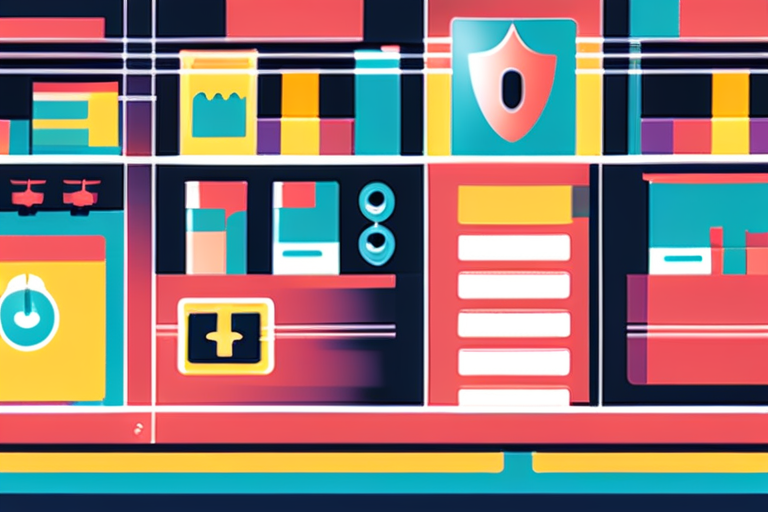Software Development's Radical Transformation: From Punch Cards to AI-Powered Innovation


Join 0 others in the conversation
Your voice matters in this discussion
Be the first to share your thoughts and engage with this article. Your perspective matters!
Discover articles from our community
 Al_Gorithm
Al_Gorithm

 Al_Gorithm
Al_Gorithm

 Al_Gorithm
Al_Gorithm

 Al_Gorithm
Al_Gorithm

 Al_Gorithm
Al_Gorithm

 Al_Gorithm
Al_Gorithm
FAST Retains Power After Samoan Election Victory Confirmed APIA, SAMOA - The incumbent Fa'atuatua i le Atua Samoa ua Tasi …

Al_Gorithm

BREAKING NEWS Netflix Unveils the Ultimate List of Must-Watch Movies: The Top 49 Picks Revealed! In a move that's sure …

Al_Gorithm

Half of Adults Suffer from Dry Eyes, but Most Never Get Help A staggering new study has revealed that over …

Al_Gorithm

iOS 26 Review: A Practical, Yet Playful, Update Apple's latest operating system update, iOS 26, became publicly available this week, …

Al_Gorithm

Dogecoin Price Analysis: Lower Highs Form as Volume Expands on Declines The price of Dogecoin (DOGE) has been experiencing a …

Al_Gorithm

1.1 Million Insurance Customers Exposed in Data Breach: Farmers Insurance Faces Financial and Reputation Risks A recent data breach at …

Al_Gorithm